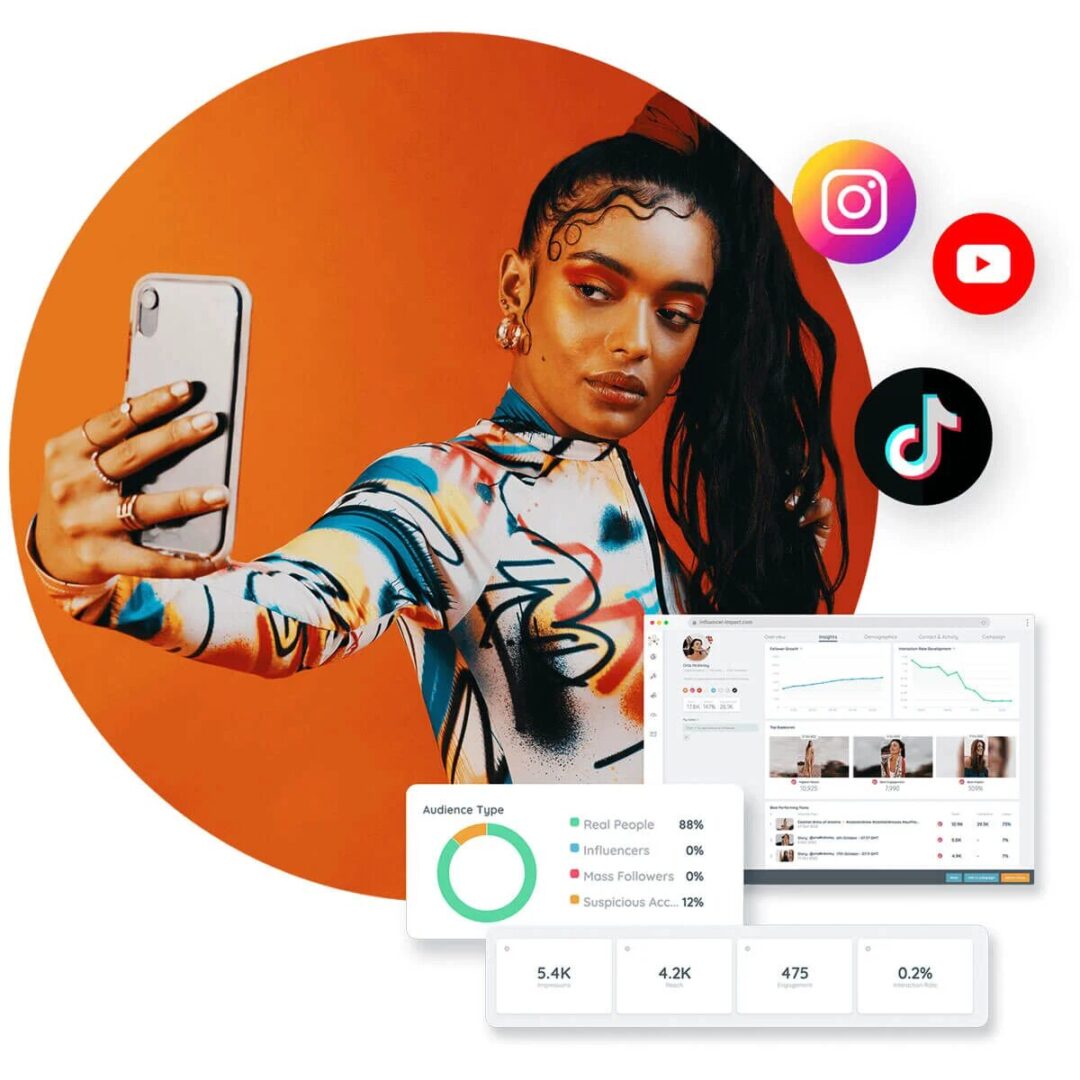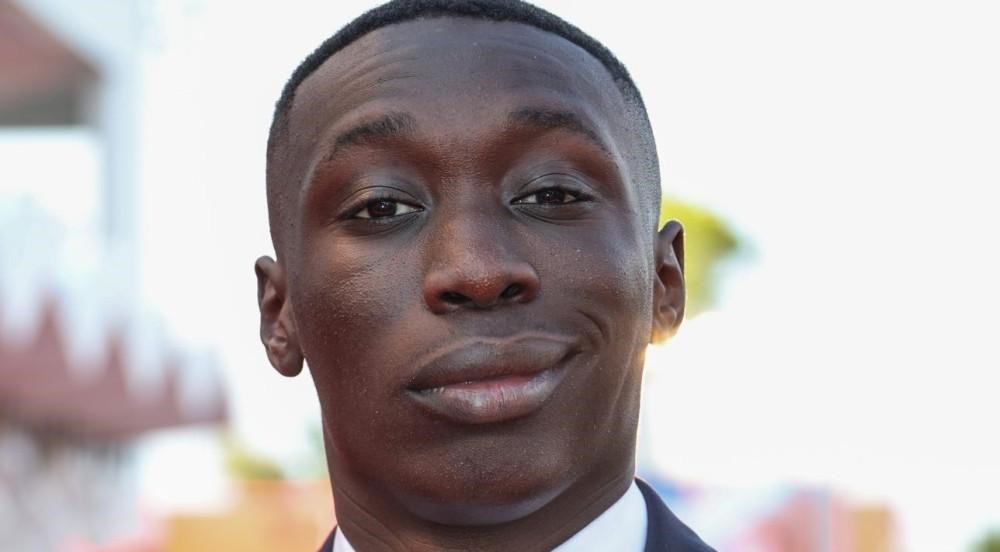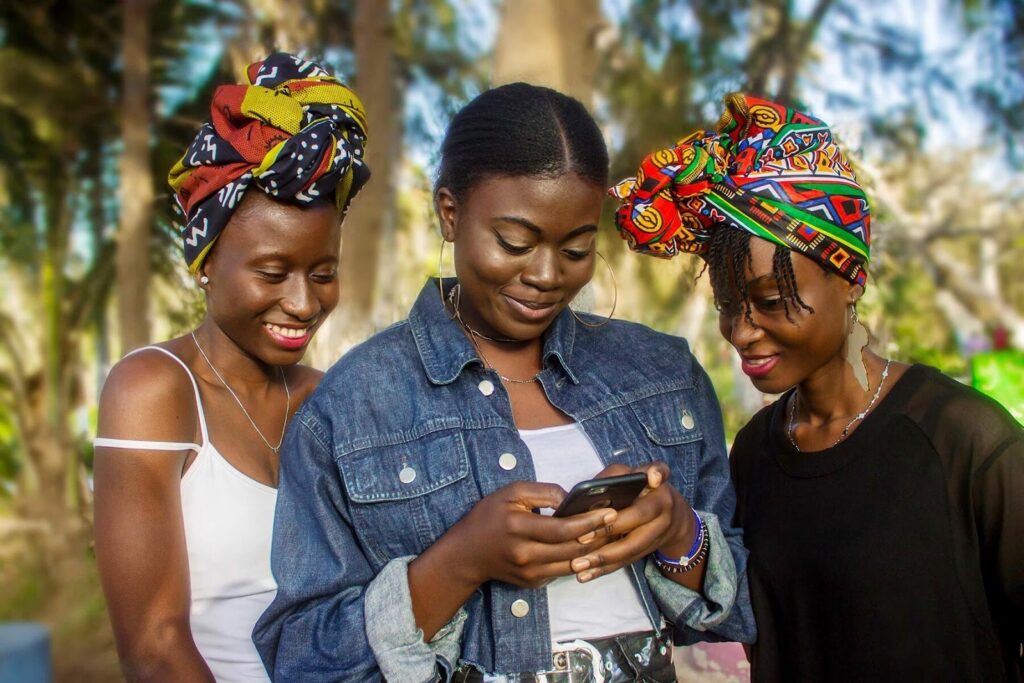
In the digital world, influencers have risen to the status of modern-day celebrities, and nowhere is this more apparent than in Africa’s fast-growing creative economy. Content creators, from YouTubers to Instagram stars, have carved out a niche for themselves in the digital marketplace, attracting audiences and brands alike. Yet, beneath the surface of this vibrant industry, there’s a growing conversation about the sustainability of the influencer model.
As we examine the influencer marketing landscape, especially from an African context, we’ll explore the delicate balance between content creators and the brands they work with. What happens when the “gold rush” of easy influencer marketing money ends? How should African creatives position themselves for a future where trust, authenticity, and long-term brand relationships will become more important than ever?
Just a decade ago, influencers were ordinary people creating content in modest settings. Top YouTubers at that time were still working regular jobs, uploading videos for fun or to make a little extra cash on the side. Fast forward to today, and many influencers command the kind of income and reach previously reserved for movie stars, top athletes, and musicians.
Much of this shift can be attributed to brands looking for new ways to market to younger audiences, specifically those between 18 and 35. This demographic became harder to target through traditional means like TV and radio as they migrated online. Influencers became the perfect solution for marketers trying to reach this elusive group.
The early days of influencer marketing were a goldmine. It was cheap, hyper-targeted, and, most importantly, influencers had built-in trust with their audiences. A YouTuber recommending a product in a video seemed like a friend giving advice rather than a celebrity pushing a paid advertisement. The rise of platforms like YouTube, Instagram, and TikTok only amplified this trend, making influencer marketing the go-to strategy for brands globally, including those in Africa.

Africa’s influencer scene has followed a similar trajectory, albeit with unique cultural and economic dynamics. Content creators from Lagos to Nairobi have become household names, building dedicated followings and collaborating with international brands. African influencers are uniquely positioned due to their ability to connect with hyper-local audiences while simultaneously having global appeal.
However, as in the rest of the world, Africa’s influencer marketing scene is becoming saturated. Big brands dominate the space, and many creators are charging increasingly high fees for sponsored posts, collaborations, and ad placements. At the same time, smaller businesses that used to benefit from affordable influencer marketing are finding it harder to compete, leading to a shift in the balance of power.
Influencer marketing, once heralded as the future of advertising, is now facing some serious challenges. The first issue is cost. Influencers, especially top-tier ones, are no longer cheap. Some African content creators now charge thousands of dollars for a single post or video, making influencer marketing nearly as expensive as traditional media.
But the bigger problem is trust—or the lack of it. In the early days, people saw influencers as relatable individuals. Today, many influencers live lavish lifestyles that alienate them from their audiences. This wealth and fame have made it harder for them to appear authentic when recommending products or services. What’s more, scandals involving influencers endorsing fraudulent products or promoting questionable brands have only eroded the trust further.
So, what does this mean for African content creators? As the bubble begins to burst, those who will thrive are the ones who can maintain authenticity and build lasting, genuine connections with their audiences. For brands looking to collaborate with influencers, the key will be finding creators who truly believe in the products they endorse and whose content aligns with the brand’s values.
The days of quick, high-paying influencer deals may be numbered, but that doesn’t mean the end of influencer marketing. Instead, it will evolve into something more sustainable. Brands and creators will need to focus on long-term partnerships built on mutual trust and a shared vision. African creators have a unique opportunity here to lead the way by fostering deeper relationships with their audiences and promoting products they genuinely believe in.

Practical Advice for Content Creators in Africa
1. Focus on Building Trust: More than ever, trust is currency in the influencer world. Be selective about the brands you work with. Promoting a product just for the paycheck could hurt your reputation in the long run, especially in a market where audiences are becoming increasingly savvy.
2. Invest in Quality Content: As more brands look for meaningful partnerships rather than one-off promotions, the quality of your content matters. Whether it’s better production, storytelling, or simply staying true to your voice, high-quality, authentic content will set you apart.
3. Diversify Your Income Streams: Relying solely on influencer deals may not be sustainable in the long run. Think about other ways to monetize your platform, such as selling products, offering services, or even creating subscription models.
4. Build Long-Term Relationships with Brands: One-off sponsorships are not the future. Focus on building long-term relationships with brands that align with your values. This will not only provide you with a more stable income but also create more meaningful content for your audience.
For Brands: Working with African Creatives
If you’re a brand looking to tap into Africa’s growing creative economy, there are a few things to keep in mind:
1. Find the Right Fit: Don’t just go for influencers with the biggest followings. Instead, look for creators whose values align with your brand and whose audience overlaps with your target demographic. The right partnership can yield far better results than just going for the biggest name.
2. Focus on Authenticity: Audiences can tell when influencers are promoting something just for a paycheck. Work with creators who genuinely believe in your product. Long-term partnerships will feel more authentic and deliver better results.
3. Invest in Quality Over Quantity: A single, high-quality piece of content from the right creator can be far more effective than numerous lower-quality posts from less engaged influencers.
Conclusion: Preparing for the Future
The influencer marketing gold rush may be coming to an end, but that doesn’t mean the industry is dead. In fact, it could be the beginning of something better—more meaningful collaborations, higher-quality content, and a renewed focus on authenticity and trust. African content creators are in a unique position to capitalize on this shift, but only if they can adapt to the changing landscape.
As the digital economy continues to evolve, both creators and brands need to rethink their strategies. The future belongs to those who can build genuine connections, create valuable content, and stay true to their values.
For creatives in Africa, this is not the end—it’s just the beginning of a new chapter in influencer marketing. Let’s embrace it and create something sustainable for the future.
Here are five companies and startups in Africa operating in the content creation, influencer marketing, and digital marketing space:
1. AMPLIFY
Location: South Africa
Overview: AMPLIFY is a leading digital and influencer marketing agency in South Africa that connects brands with content creators. They specialize in creating data-driven influencer campaigns that focus on engagement and authentic connections between influencers and their audiences.
Focus: Influencer marketing, content strategy, and social media.
2. Webfluential
Location: South Africa (with operations across Africa)
Overview: Webfluential is a platform that connects influencers with brands, enabling influencers to monetize their content and helping brands find the right creators to promote their products. The platform offers tools for tracking performance and engagement metrics to ensure effective campaigns.
Focus: Influencer marketing, campaign management, and content creation.
3. Plaqad
Location: Nigeria
Overview: Plaqad is a content and influencer marketing platform that helps brands collaborate with influencers, publishers, and content creators. They offer a variety of tools to streamline the process of finding influencers, managing campaigns, and measuring results.
Focus: Content creation, influencer marketing, and public relations.
4. Wowzi
Location: Kenya
Overview: Wowzi is a tech-driven influencer marketing platform that allows brands to engage everyday social media users and influencers in Kenya and across Africa. The platform emphasizes scalability by connecting brands with micro and nano influencers for authentic, localized campaigns.
Focus: Influencer marketing, user-generated content, and brand advocacy.
5. Infinix Club (Transsion Holdings)
Location: Nigeria, Kenya, and multiple African markets
Overview: While Infinix is known primarily as a smartphone brand, their Infinix Club initiative is a content-driven community where they engage young African influencers and creators to promote digital lifestyle products and experiences. Infinix actively supports content creation through collaborations and community building.
Focus: Influencer marketing, tech reviews, and digital lifestyle promotion.
These companies are leveraging the power of influencer marketing and content creation to shape Africa’s growing digital economy, making them key players in this space.

iamnativ is the go to marketplace in Africa connecting African creatives to global clients.
The Innovation Village, Ntinda Complex, Kisassi Rd, Kampala, Uganda
Oudezijds Achterburgwal 1012 DJ, Amsterdam, The Netherlands

iamnativ is the go to marketplace in Africa connecting African creatives to global clients.
The Innovation Village, Ntinda Complex, Kisassi Rd, Kampala, Uganda
Oudezijds Achterburgwal 1012 DJ, Amsterdam, The Netherlands
Leave Your Comment